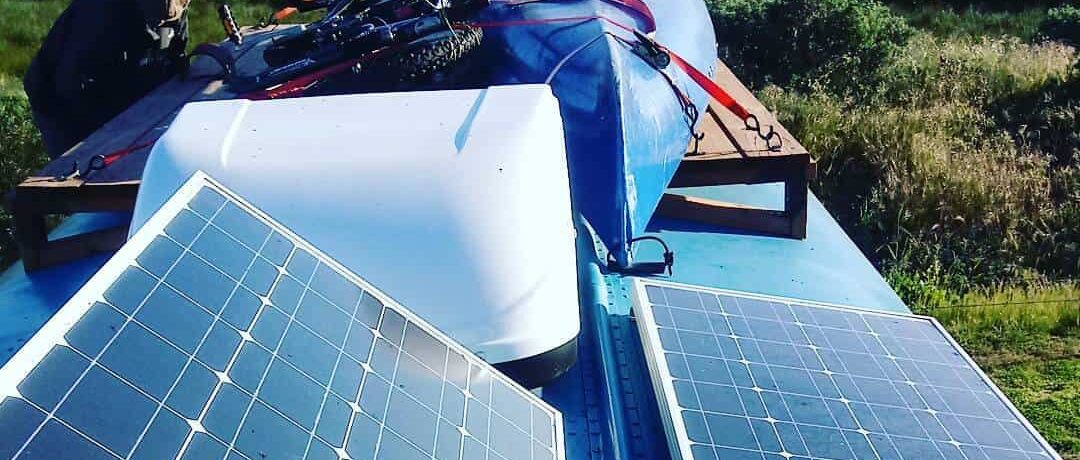When we think about solar panels, the first thing that usually comes to mind is creating electricity from sunlight. Generally speaking, people believe that you need to live in places like Arizona or New Mexico to get your money’s worth out of a solar system. But is that really true? After all, no state in the US gets 365 perfectly sunny days. And there’s no place in the country that is sunny all day long. So what happens when the sunlight is blocked on its way to your solar system? Do solar panels work in the shade? We are here to answer that question.
Do Solar Panels Work in the Shade or Do They Need Direct Light?
Without a doubt, direct sunlight is of the utmost importance for getting the best performance out of solar panels. However, even though they produce the largest amount of electricity by absorbing direct sunlight, solar panels are designed so that they can continue working on a cloudy day and even in the shade.
It is rather simple — no amount of shade can completely block out the sun, meaning that some of its rays will break through to the panels. So despite not being able to produce the standard amount of power, its production is still very much possible even without direct sunlight.
What Can Cast a Shadow on Your Solar Panel?
Anything that stands in the light’s way to reach your panel’s can throw a shadow on your solar panel. These can be other buildings, trees, other panels, or even your own roof.
If you already have solar panels and you are planning on planting trees in your yard, it would be best to plant them in such a way that they don’t interfere with your solar panels when they grow in height. Otherwise, the panels will not work at their full capacity, and energy production will be significantly reduced.
It may sound strange, but as we already mentioned, your roof can also block out sunlight. If it is not completely flat, as the sun moves throughout the day, at a certain angle, it can cast a shadow on the solar panel and thus reduce its efficiency.
Things to Consider if Your Solar Panels Need to Work in the Shade
As we already explained, your solar panel system will not magically stop working if it is not under direct sunlight. Still, it is important to know that the occasional shadow does not affect your solar panels significantly — it only reduces the efficiency of solar panels.
This problem can be solved by installing the right type of solar inverter. For example, with a string inverter, all panels are connected to a single inverter and operate at the strength of the weakest panel. If the shadow falls on one solar panel, all the others will work with the capacity of the weakest one. On the other hand, microinverters are connected to each panel individually. If one is under a shadow, the rest of the panels will continue to work at their full capacity.
Also, it is quite useful to use a solar battery with solar panels. The solar battery serves to save excess energy for later when production is lower than consumption. Most solar panels are designed to produce excess electricity. The battery then saves that excess to use at night or on extremely cloudy and rainy days.
On the other hand, it is very important to know that if the solar panel never gets direct sunlight, it will not give the results that you hope for.
To Summarize
As you can see, the answer to the question, Do solar panels work in the shade? is a big and resounding yes. Although their efficiency will be lower, they continue to work even if they’re not in direct sunlight.
What You Should Know About Solar Panels and Solar Energy
Best Solar Company in Florida
Is my Home Good for Solar?
How to Cool Off your Summer AC Costs with Solar Energy





